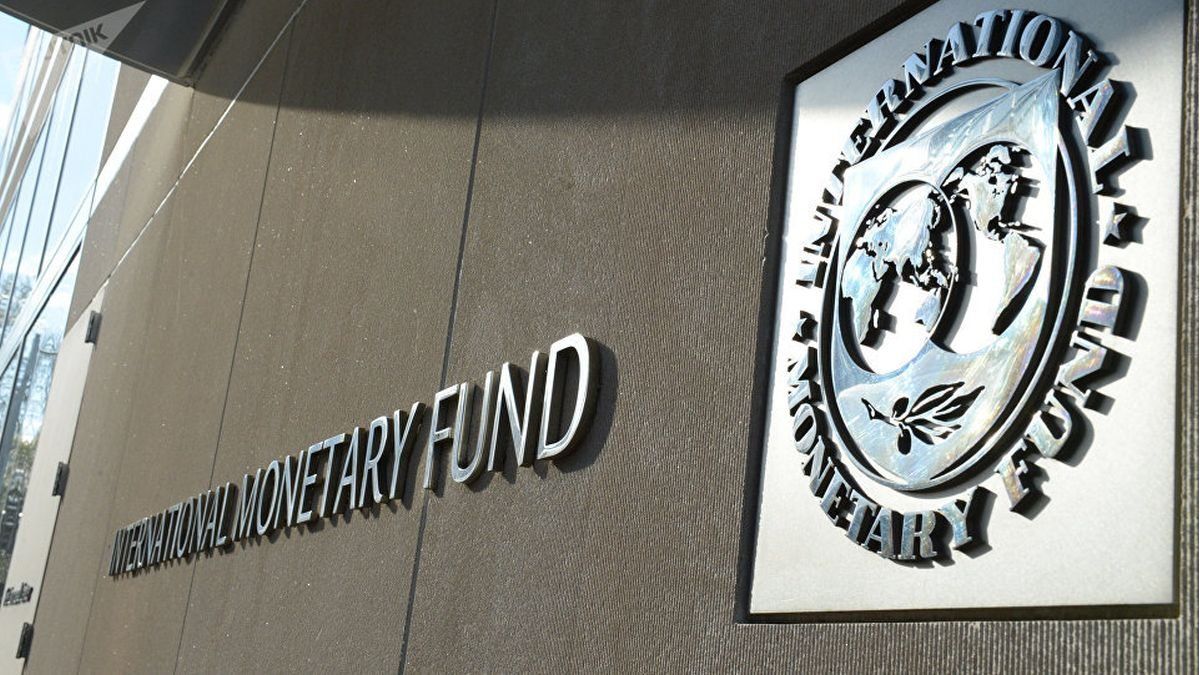The International Monetary Fund (IMF) today released a statement confirming that it approved the performance of the Argentine economy in the last quarter of the year, allowing an immediate disbursement of around USD 5.4 billion, which already took place on Friday.
Besides, recognizes the impact of “an increasingly severe drought” and maintains that with “rising inflation and weak reserve coverage, a stronger policy package is needed to safeguard stability”. It is also pointed out that a modification in the reserve goal was approved and political support for the program is considered “fundamental”.
The statement states that “all quantitative performance criteria up to the end of December 2022 were met with some marginsupported by a stronger implementation of macroeconomic policy in the second half of 2022”.
In addition, the Board approved non-compliance “waivers” associated with the introduction of policy measures that gave rise to new exchange restrictions and multiple currency practices.
The statement notes that the Board of Directors approved “modifications to the reserve accumulation goal to partially accommodate the impact of the severe drought, along with stronger policies to safeguard stability, address setbacks, and ensure program objectives, while maintaining the function of anchoring the program”.
Although, as the deputy director of the Gopinath Fund warns, “agile policy formulation remains essential to support the success of the program, since additional macroeconomic policy tightening and additional modifications to exchange rate policy may be required to safeguard stability.” macroeconomic”, previously admitting that “downside risks have increased further, including in the context of a very severe drought”. ,
In this sense, he considered that “political support for the program’s policies continues to be essential in the coming period.”
massa yellen stanley
Ministry of Economy
Achieved goals
At the conclusion of the Executive Board discussion, Gita GopinathDeputy Managing Director, argued that: “more prudent macroeconomic policies in the second half of 2022 supported a moderation of inflation and improvements in the fiscal and external balances, which helped to ensure the goals of the program by the end of 2022”.
However, the official said that “the economic situation it has become more challenging since the beginning of this year in light of the increasingly severe drought and policy setbacks. Given the magnitude of the climate shock, some downward adjustments in reserve accumulation targets are warranted, although a stronger policy package will be needed to safeguard stability and maintain the program’s anchor role.
Fiscal deficit
Gopinath insists that “achieving the primary fiscal deficit target of 1.9% of GDP by 2023 remains essential to support disinflation and reserve accumulation, ease financial pressures, and strengthen debt sustainability”.
The Fund also emphasizes the need to address the tariff issue. Gopinath maintained that “Timely implementation of high-quality measures, particularly improving the targeting of energy subsidies and social assistance, will help offset lower export taxes due to drought, protect priority infrastructure and social spending, and ensure the fiscal objectives.
“Specifically – he said – it will be essential to ensure that energy rates for high-income residential and commercial users advance to fully align with costs, including to reduce the regressivity of the system.”
Meanwhile, he also noted that “the fiscal cost of the new pension moratorium must be mitigated through strict regulations to target entry only to those with the greatest need.” It should be remembered that the moratorium was a measure that the Fund considered should be “avoided”.
rates and dollar
The deputy director of the IMF also remarked that “real interest rates should remain positive enough to cope with high inflation and support demand for peso assets”. Furthermore, he considered that “additional rate increases may be warranted in the event of new inflationary shocks or intensifying exchange rate pressures”.
The Fund reiterates the need to maintain the real exchange rate. Gopinath claimed that “The crawl rate should continue to support competitiveness, with recent moves to streamline the exchange rate regime and streamline exports also helping support reserve accumulation.”
And warned that “interventions in the parallel foreign exchange market should be avoided using reserves or short-term external debt instruments. As conditions permit and imbalances are addressed, capital flow management measures, multi-currency practices, and exchange rate restrictions should also be removed, as they are not a substitute for sound macroeconomic policy.”
“On the domestic financing front, prudent efforts will be needed to mitigate near-term refinancing risks and mobilize net financing, while limiting the buildup of vulnerabilities and protecting debt sustainability,” Gopinath noted.
He added that “Central Bank interventions in secondary bond markets should be limited to addressing financial stability risks”.
The Fund also considers that it is necessary to mobilize the support of multilateral and bilateral partners, including the finalization of technical agreements with the remaining creditors of the Paris Club, something that “it is essential to ensure that financial commitments are met and strengthen reserve coverage.”
Source: Ambito




